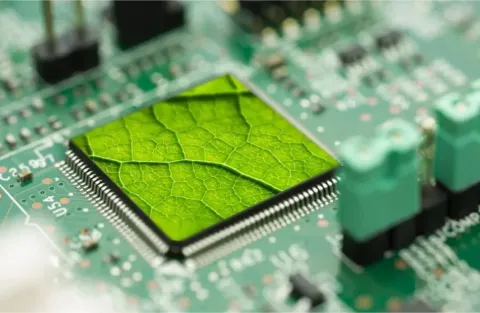Wireless communication infrastructure serving the agricultural sector
Università degli Studi di Napoli (UNINA)
Location
Italy

 Arable farming
Arable farming
 Food processing
Food processing
 Greenhouse
Greenhouse
 Horticulture
Horticulture
The service focuses on supporting the development of optimal wireless communication infrastructure for the agricultural sector. By leveraging technologies like Wi-Fi, Bluetooth, cellular networks, and satellite communication, it enables real-time monitoring, data collection, and remote control of agricultural equipment and devices. This infrastructure enhances efficiency, productivity, and sustainability, leading to higher yields, lower costs, and more sustainable farming practices across large agricultural landscapes.
Business modelling
Collection of test data
Data analysis
Performance evaluation
Test execution
